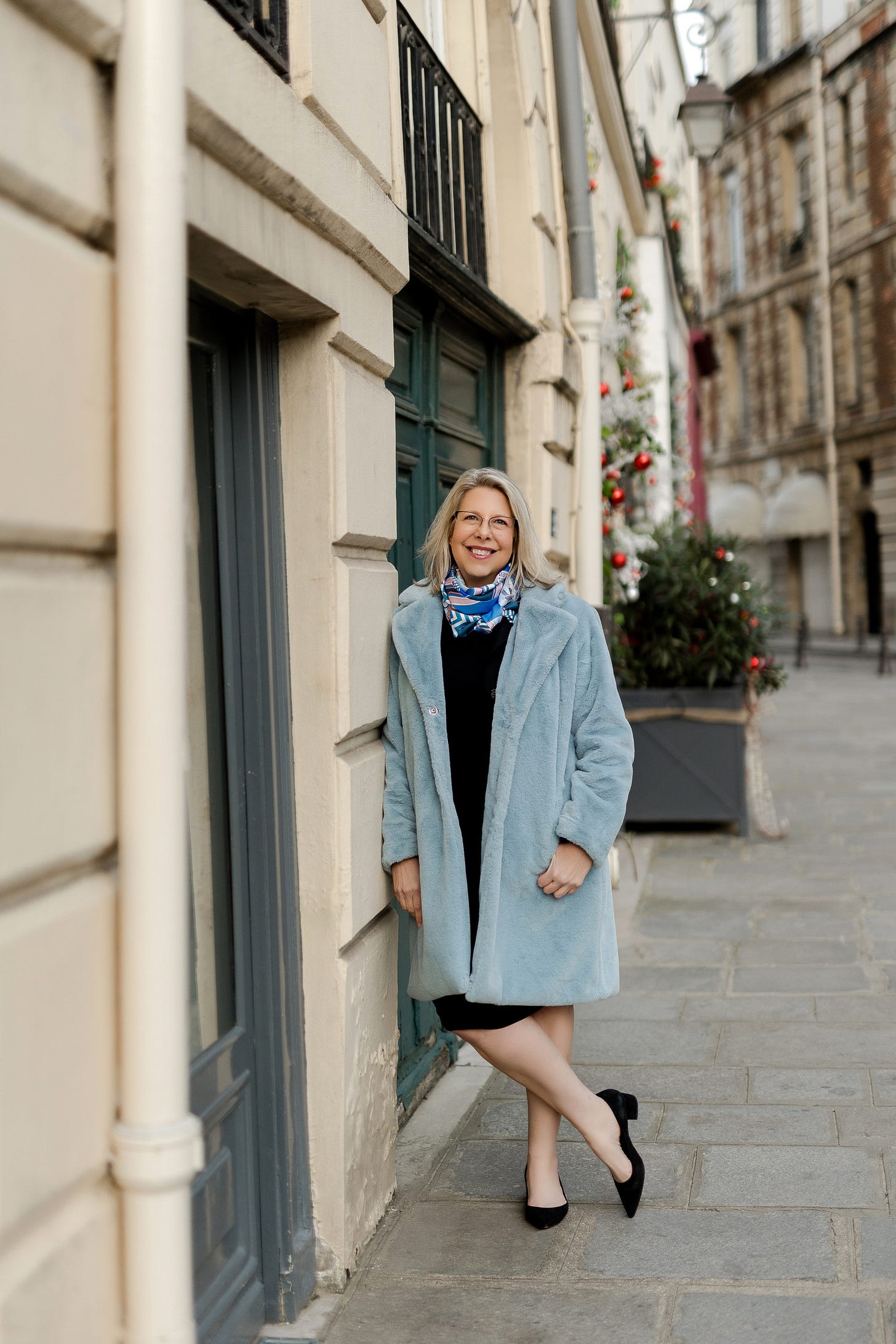Reflection #9: On The Hidden Dimensions of Grief
Last time, I spoke with Jody LaVoie - founder of The Grief Company and Widows In The Workplace. In 2014, Jody got the worst phone call any of us could imagine: her husband had been shot — and she found out from the news. As helicopters swarmed Chicago's Loop, Jody learned that her husband Steve, CEO and founder of a supply chain software company, had been shot by an employee. In our interview, she discussed stepping into the chairwoman role, leading the company to a successful exit three years later, becoming a single parent, navigating her new identity, and helping grieving people through coaching individuals and workplaces.
You can read the original conversation here.
Today, I'm sharing five of my takeaways from the conversation.
#1: Once again, connection matters.
Time and again, my guests emphasize this point. It's one of the biggest themes I've picked up from people who deal with all sorts of difficulties — health problems, loss, career setbacks. It's actually changed how I approach my own life and how much I value deep connection.
As Jody reminded me, helping people through grief is simple — it's about being truly present and listening, not projecting solutions onto them. In fact, to truly witness the pain of another, to simply be there and not judge, requires vulnerability on our part. Grief and connection are intimately related. We need connection to help process our grief.
#2: So many of us are dealing with grief.
Jody shocked me when she said one out of four people is dealing with grief at any given time.
That's a lot of people - a good portion of our coworkers, friends, family, people we pass on the street. As Jody pointed out: grief is not just mourning death. It can be any kind of change — divorce, job loss, and more. Sometimes it's hard to tell who is truly grieving: you might see someone smiling after a terrible loss and think they're okay. But there are a whole lot of us out there who are mourning something, even if it’s not externally apparent.
I've always thought it was important to give people compassion, but this stat pretty much sums up why.
#3 Grief can change what relationships we need in our lives.
I've known intellectually that we need different relationships at different points, but it didn't occur to me how much grief could change that. Jody mentioned that she always thought of herself and Steve as a unit, since they were married for 17 years. After losing him, it became difficult and didn't make as much sense to socialize with couples anymore. Sometimes, she simply felt like the third wheel, and sometimes, she wondered if people were inviting her out of sympathy. Not only did her view of herself change through becoming a widow, but so did the way she related to others.
#4: Grief is logistically hard to deal with, too.
Most people think of the emotional aspects of grief and dealing with difficult feelings. But the tactical pieces are also hard. Jody was in a particularly difficult spot, having to be a single parent to three children overnight while also managing the business that most of their family's assets were tied up in. Their employees were counting on her, yet she also needed to be sensitive with them, too, because they had just witnessed devastating workplace violence. She updated friends and family online, but also needed to be cautious, since there were also investors needing updates, too.
This makes me extra grateful when things are going well, because it's not just our feelings at stake with tragedies, it's also the logistical difficulties we don't think about.
#5: The things you never think might happen can happen.
Most of us fear similar worst case scenarios: accidents, losing loved ones, losing our health. But the way this particular tragedy unfolded is something she probably never could have expected.
My point is not that we need to be scared at all times: in fact, I asked Jody if the experience of losing her husband made her paranoid, in hiring people or in any aspect of life. She said it didn't: "I could go downtown Chicago and get shot tomorrow—I could, but I don't want to live my life that way.”
Crazy things can happen in life — both good and bad. One level, it makes me profoundly sad for Jody’s family, that they had to deal with this freak event. But that makes me admire her fortitude even more. Facing the sudden unknown, she did it head-on, and has since helped thousands through her work with individuals and employers.
What an extraordinary person, and to me it feels like a stroke of good luck that I had the fortune to meet her and share her story.
—
Thanks for reading! What lessons did you take from Jody’s story? Comment below, and I’ll see you in the next interview!



Thank you for this beautiful reflection and for capturing our conversation with care and clarity. I’m honored to have shared my story with you and even more honored that you took away these powerful insights. Grief is often invisible and misunderstood, yet it touches many aspects of our lives — personally and professionally. Your takeaways remind me why this work matters so much. Here’s to continuing to create spaces for honest conversations, deeper connections, and compassionate understanding. Grateful for you and your thoughtful platform.